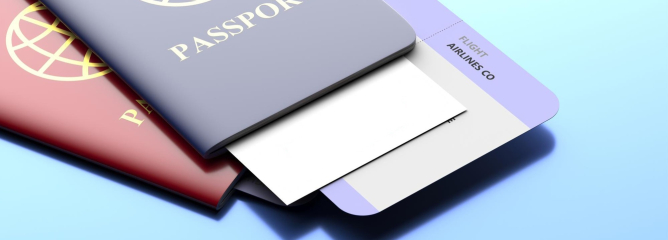
Bolivia (Plurinational State of Bolivia) is a country located in the western part of South America, bordered to the west by Chile and Peru, to the north and east by Brazil, to the southeast by Paraguay, and to the south by Argentina. Bolivia is landlocked.
The capital of Bolivia is the city of Sucre, which is the administrative capital. However, the largest city and political center of the country is La Paz.
The form of government is a representative democratic republic. The president of the country is the head of state and government. Parliament consists of two chambers: the House of Senators and the House of Representatives, which legislatively participate in governing the country.
The climate in Bolivia is varied due to the varied landscape and differences in elevation. In the central and western part of the country, where the Altiplano is located, the climate is harsh and cold, with cold winters and cool summers. High mountain areas such as La Paz and Sucre are characterized by low temperatures and frequent precipitation. In the low-lying tropical regions in the east of the country, the climate is hotter and more humid. Seasonal rains and high temperatures occur here. To the north lies the northern Amazon Basin, where the climate is humid and hot all year round.
Population 12,145,304 people (2022).
The official language of Bolivia is Spanish. In addition, the state recognizes 36 official indigenous languages, including Aymara, Quechua and Guarani, which have legal status in their respective regions and can be used alongside Spanish. Multilingualism and multiculturalism are important features of Bolivia.
The country's economy is based on various sectors including agriculture, mining, manufacturing and services. Major crops include coffee, potatoes, corn, sugar cane and others. Bolivia is also a major producer of llama, alpaca and vicuña, which is important for the textile industry.
Bolivia is rich in natural resources, including rich reserves of minerals such as tin, zinc, iron, silver and lithium. The export of minerals and metals generates significant income. The country is also developing manufacturing sectors such as food, textiles and chemicals, as well as service provision such as tourism.
Bolivia is an amazing country with a rich cultural heritage and unique natural attractions. Here's just a small part of them:
- Salar de Uyuni - this salt marsh is the largest salt lake in the world and an amazingly beautiful place. A particularly impressive sight is the mirror reflection of the sky during the rainy season.
- Valley of the Moon - This unique landscape is located near La Paz and consists of sandstone and clay formations reminiscent of lunar landscapes.
- Machu Picchu. Although Machu Picchu is located in neighboring Peru, many travelers visit it from Bolivia, using the city of Copacabana as a starting point.
The standard of living in the state varies depending on the region and social conditions. The country has problems with income inequality and economic difficulties, and the standard of living is lower than in some developed countries.
The medical system is diverse. There are private and government institutions here. Large cities have better access to health care, but rural and remote areas may have difficulty accessing care.
The level of education in Bolivia is improving, but the country still faces problems such as an insufficient number of educational institutions and low literacy in some regions.
The level of security varies in different areas of Bolivia. Some areas may have crime problems.
Bolivian citizenship can be granted to a person who is born in this country, regardless of the citizenship of his parents. Also, foreign citizens who have lived in Bolivia for a certain period of time (usually 3 years) can apply for citizenship. Foreign citizens married to a Bolivian citizen may be eligible for citizenship after a certain period of marriage.
